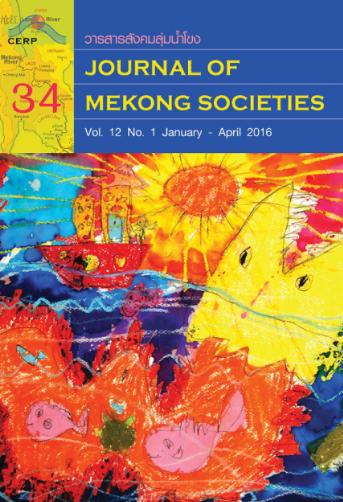Legal Problems of Extradition between Thailand and other ASEAN Member States: Case Studies of Nationals and Stateless Persons
Main Article Content
Abstract
International cooperation in cases of extradition is vital as an instrument in combating and suppressing crime. Even though extradition is not a legal obligation, countries might request the transfer of criminals who flee to live in another country across the region. While each country has sovereignty, there is a need for every country, including ASEAN member countries, to cooperate in fighting crime as much as possible. Most countries agree about legal conditions under bilateral or multilateral treaties on extradition to provide effectiveness and fairness. However, there are still problems for allocations of some conditions because each country has sovereignty and differences in legal theory that lead to the problem of determining legal conditions. In this article, case studies are used to examine the issue of nationals and stateless persons living in the requesting country. To prepare for cooperation in suppressing crime within the region, ASEAN member states should establish legal cooperation through a convention to define the terms that will be considered common legal grounds as the basis, as well as the domestic laws of the member states. The regulatory conditions should include integration similar to that of other regions of the world which specify conditions in such a convention.


